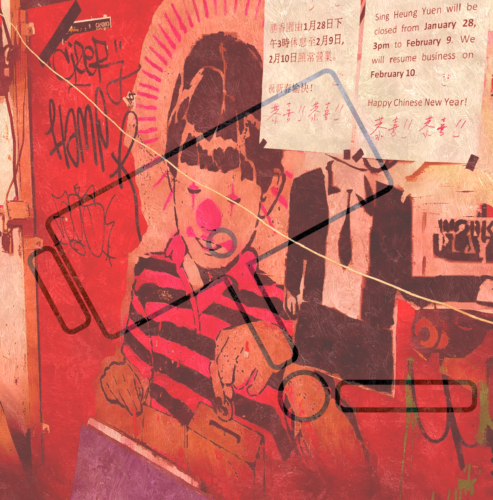
The world of educational technology is clearly a favorite subject of mine, particularly as it applies to developing contexts. We have seen an almost litany of attempts, some seemingly well-intentioned and others not so much, to avoid the dirty work of teacher training in favor of automation or some sort of teach by numbers approach (see any number of posts we have done on this). We have seen some naive approaches to student surveillance and lax approaches to protecting the data that emerges as a result. All of this is, more or less, an effect of neoliberal policy designed, overtly or not, to pull back or disinvest from commitments to the public sector at the national level, in favor of privatization or whatever the market will bear. In some communities, this means a repurposing of education towards a more market orientation. In other communities, particularly developing nations, this is a process a bit more fraught with danger.
The aftershocks of this result in edtech entrepreneurism is that education favors automation, technology, or something that can be sold, rather than capacity building in professional development, community building, standards, innovative pedagogy, all bits that could exist outside the scope of technology (or conceivably outside a market orientation altogether). Hence why almost every edtech startup I see has little to no educational expertise, which is I suppose would be superfluous if one were hell bent on ‘disrupting the system.’ But as these are human beings, teachers and students alike, and not mere spreadsheet entries or algorithmic optimization considerations, I will opt less towards disrupting anything and augmenting something and this includes privacy and data protection.
Surveillance is one of those things that falls into this former category, one leaning towards technology and generally antiquated learning notions of behaviorism. Surveillance is needed, or so the rhetoric goes, to protect students (safety is always the Trojan Horse of these movements towards privatization) and to optimize their behavior (the surveillance produces data which can then be analyzed and optimally corrected). Image the surveillance data as being the less attractive cousin to learning analytics. I had written before about Korea doing something akin to this but they aren’t alone. This is fairly common, I would suspect, as most schools would have some sort of video surveillance and, I would suspect, fairly lax rules on how that data is managed. Korea walked back their surveillance (a bit) in the face of public outcry. China has followed a similar path but has focused on classroom surveillance and, a bit surprisingly, have seen a similar level of pushback from the larger community.
“If classrooms are under surveillance at all times, instruction will definitely be influenced by outside factors and the opinions of whoever is watching,” said Xiong Bingqi, vice president of the 21st Century Education Research Institute, an influential Chinese think tank, who called the practice a violation of students’ rights and a threat to academic freedom.
After a critical article on the subject recently in The Beijing News, a prominent newspaper, several schools announced they were ending the broadcasts. But thousands of others chose to remain online and continue to draw a daily audience of cyber class monitors eager to report daydreaming students and lax teachers.
So some good and some bad. Some pushback (and encouraging exercises of journalism) and some have continued to push on, even drawing larger and larger audiences. Beyond the privacy issues here are the automation and behaviorism ones. Surveillance leading to behavioral change. More paying attention. More activity from the teacher. More. More. More. Pedagogy and learning outcomes shift as a result. Lazy shortcuts to improving education.
But we mustn’t fool ourselves into thinking this is a problem only in particular contexts, where ideas of freedom and privacy are structured differently. The Electronic Frontier Foundation’s warning to this effect should signal that this level of surveillance (and lack of data protection) is a very prevalent issue globally, and in particular the Western context where this type of surveillance is obfuscated through a myriad of apps and school-issued devices.
“They are collecting and storing data to be used against my child in the future, creating a profile before he can intellectually understand the consequences of his searches and digital behavior.”
Neoliberalism and legality aside, this is, ultimately, personal data. Just as teachers and school systems are bound to the protection of the child, so are they bound to the protection of the digital self of that child. Beyond that, this is a fairly myopic view of what education is. We are building autonomous, accountable, creative, and critical teachers and students here. Everything else is instrumentation.
If you want to learn more about data protection, I might suggest DLA Piper’s Data Protection Laws Around the World site. Teachers, find out what your country’s data laws are and bolster them with your own practice. School districts, shame on you if you don’t know better.

